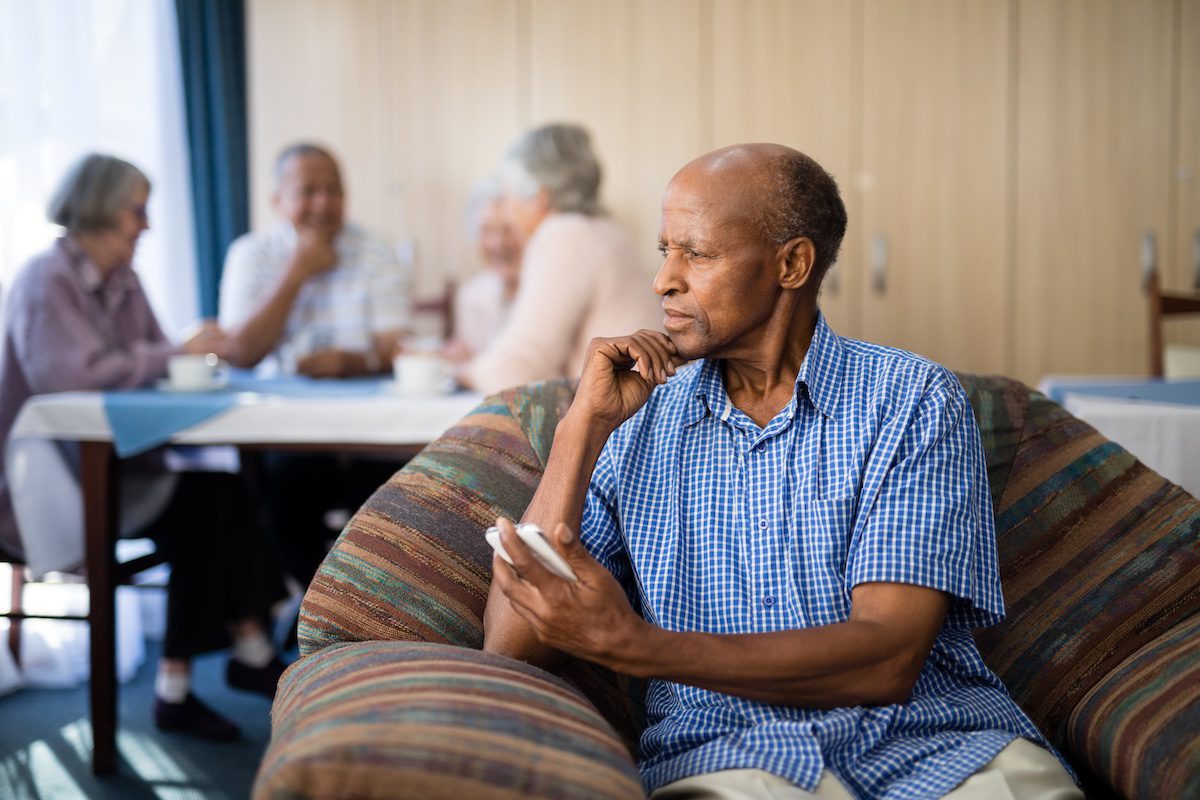As a hospice caregiver, you help your loved one make the best of end-of-life. It’s rewarding to spend time with them, but you may find that caregiving takes more out of you than you’d like to admit. Family and friends may not understand how much energy caregiving requires or what emotions it brings to the surface.
You aren’t alone. Across the board, more than 40.4 million caregivers in the U.S. spend an average of 3.4 hours caring each day they provide care.
If you’re a hospice caregiver, support groups can help you cope and prevent burnout.
Do You Have Caregiver Burnout?
From your time to your routine, hospice caregiving can be physically and emotionally exhausting. Family caregivers spend an average of 24.4 hours a week supporting their loved ones. Many caregivers also work fulltime and have children at home.
At times, caring for your loved one may seem like too much. Know the symptoms of caregiver burnout.
- Anxiety
- Difficulty sleeping
- Overreacting
- Resentful or hopeless feelings
- Tiredness
- Irritability
All caregivers need breaks. Don’t be afraid to delegate responsibilities to other family members or trusted friends. Ask someone if they can sit in for an hour while you do an activity that you enjoy, catch up on errands or get some rest. A few hours a week to yourself can help you recharge and keep your life on track.
Caregiver Support Groups
Your friends and family may not understand what it’s like, but there are plenty of people who do. Support groups bring people together in a safe space and serve as a welcomed break from caregiving.
The benefits of caregiver support groups include:
- Honest emotional expression. You may not be able to talk openly with your family. A support group gives you an outlet. You can express your anger, frustration, resentment, sadness, and joy to people who have been there. They can validate your feelings and worries, as well as alleviate guilt.
- Caregiving tips. In a group of fellow caregivers, you will share stories, experiences, and relevant news. You’ll learn from each others’ experiences and find new ways to approach caregiving.
- Getting out of the house. Caring for a loved one can be isolating, and it can place a strain on your other relationships. You may spend more time as a caregiver than as a parent, spouse, or friend. Going to a support group can help you meet new people, get a change of scenery, and take a break from caregiving.
Some caregiver support groups are for specific conditions, age groups, or relationships. You may want to join a group for adult children taking care of parents in hospice or for those taking care of spouses with cancer.
In-Person Support Groups
An in-person support group provides you with valuable face-to-face interactions and helps you stay in touch with the world. For some, it helps to have a set time and place to meet. As you look for support groups in your area, consider whether a counselor, trained facilitator, or community member leads the group.
Online Support Groups
Online support groups connect you with caregivers from all over the world. Online groups are available at any time. You can receive support right at home. While you’ll miss out on in-person conversation, it can be comforting to know someone is only a message or click away.
Does your loved one need hospice care? Are you going to be the primary caregiver?
At Seasons Hospice, we value caregivers. Our cost-free hospice services in Springfield, MO include counseling and respite care for caregivers.
Contact us today to learn more about our hospice program and the support we provide patients and their caregivers.







